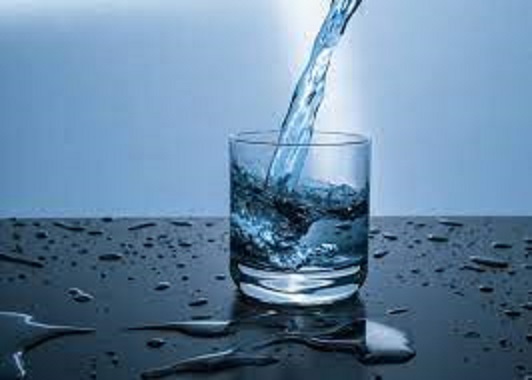
Incorrect facts about desalinated water and hydration
Without a steady supply of desalinated water, it’s only a matter of time before you get sick. Where, more than half of your body is made of water! Water is a magical elixir of life, but you should check your doses to make sure you know the right facts from the wrong ones.
Eight glasses of water a day
I’ve heard it over and over again: Drink eight glasses of desalinated water every day. But can the same guideline be accurate for everyone?
Correction: Each body’s needs for desalinated water are different
There is no one-size-fits-all standard for how much-desalinated water you should drink each day. The US National Academies of Sciences recommend 3.7 liters of water per day (15.5 cups) for men ages 19 to 50 and 2.7 liters of water per day (11.5 cups) for women 19 to 50 years old. About 80% of that water comes from drinking, and the rest comes from the food you eat every day, such as fruits and vegetables.
Other factors affect how much-desalinated water you should drink. If you live in high altitudes, have a humid climate, or exercise regularly, you will need to increase your hydration to keep up.
Coconut water is better than regular water
The coconut water hydration myth is similar to what you might hear about sports drinks: Electrolytes, like potassium and sodium, make it “better” than filtered water for hydration.
Correction: stick to desalinated water
Coconut water is not a “better drink” than regular water. According to experts, coconut water is “no more hydrating than regular water.” In balancing the evidence, Zyratsky says that “plain water is still the smart choice” after exercise.
Sports drinks are hydration superstars
Well, coconut water may not be the magic cure for hydration. But what about popular sports drinks — aren’t they specifically formulated to maximize water intake? When are sports drinks suitable for hydration?
Correction: It is better to drink desalinated water
Electrolyte-boosted drinks aren’t necessarily the best choice for pure post-workout hydration. Sometimes it’s appropriate to reintroduce electrolytes into your system, but popular sports drinks often contain high levels of high-fructose corn syrup and sugar that add unnecessary calories.
A 32-ounce sports drink can contain between 14 and 19 teaspoons of sugar, which is four to six times the recommended daily amount for children. Drinking water will provide you with hydration without the sugar rush.
It is not possible to drink excessively desalinated water
Water is the basic element of life. Many people think that your body can’t get more than it needs from water. Water is a refreshing way to hydrate, but is it possible to overdrink it?
Correction: You can drink “a lot of sweetened water” while exercising
Contrary to popular belief, you can drink too much water, especially if you are a marathon runner. According to a 2015 narrative review published in Nutrition Reviews, the incidence of excessive dehydration in endurance athletes can range from 3% to 29%.
Drinking a lot of water can lower the sodium levels in your body. Next time you plan to run fast, consult a doctor to keep your body hydrated!
Energy drinks are a refreshing drink option
When you’re indulging in a work session, you might turn to energy drinks as an easy way to stay up on caffeine and enjoy the morning. Energy drinks are well known for their caffeine content and sugary taste. They’re popular drinks, but do energy drinks hydrate you?
Correction: Energy drinks won’t hydrate you!
Energy drinks contain a concentrated dose of sugar, caffeine, and other stimulants. The CDC warns that the risks of energy drinks include dehydration, anxiety, and irregular heartbeats. Skip the energy drinks – You can make your own caffeinated drinks like oolong tea using great-tasting filtered water.
Maintain your hydration levels with water care
Avoid this incorrect information and enjoy high-quality filtered desalinated water. Our customized water filtration and filtration solutions can help you reduce any water concerns, from hard water and treated chemicals to contaminants like lead and PFAS.
























